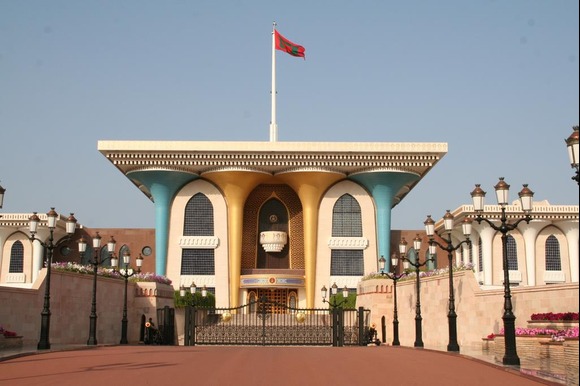Oman has become the first country in the Gulf region to introduce a personal income tax, following the issuance of a royal decree, the country’s tax authority announced on Sunday. The move marks a significant step in Oman’s ongoing efforts to diversify its revenue base and reduce its dependence on oil.
As part of a broader fiscal reform programme initiated in 2020, the Sultanate has aimed to cut public debt, broaden revenue sources, and stimulate economic growth—measures that have already begun to yield improvements in its financial standing. Under the new decree, individuals earning more than 42,000 Omani rials ($109,091) annually will be subject to a five per cent income tax beginning in 2028.
In a statement, Oman’s Tax Authority emphasized that the new law includes deductions and exemptions designed to reflect and accommodate the country’s social priorities. These include allowances for education, healthcare, primary housing, inheritance, zakat, and charitable donations.
According to the official Oman News Agency (ONA), the introduction of the income tax is aligned with the goals of Oman Vision 2040, which seeks to expand the country’s non-oil income sources. The plan targets increasing non-oil revenues to 15 per cent of GDP by 2030 and to 18 per cent by 2040.
The tax, officials said, would affect only about one per cent of the population. The Tax Authority also noted that its implementation follows a comprehensive study evaluating its potential economic and social impacts, using income data provided by various government agencies.
Observers have described the tax’s introduction as a sign of Oman’s economic evolution. “That the rate is competitive internationally will ensure that Oman remains a country of choice for international professionals,” said David Daly, a partner at Gulf Tax Accounting Group, in comments to Gulf publication The National.






